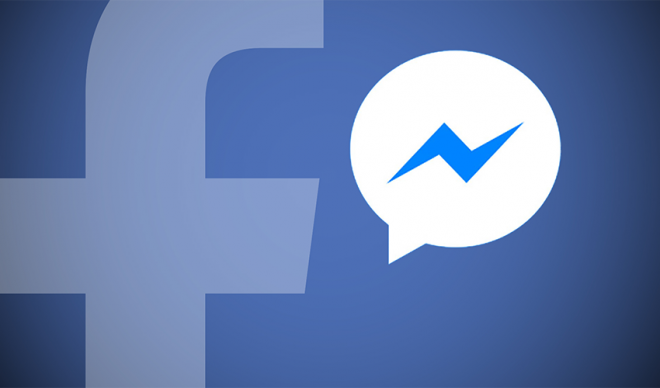
AOL Instant Messenger (AIM), the famous messaging service for the first generation of netizens, is set to go offline on December 15 -- 20 years after its first release. The service has so far been nostalgic for 90s computer-opting students, and even Facebook founder Mark Zuckerberg considers it as a "seed" of bringing its native developments.
"AIM tapped into new digital technologies and ignited a cultural shift, but the way in which we communicate with each other has profoundly changed. As a result, we've made the decision that we will be discontinuing AIM effective December 15, 2017," writes Michael Albers, communication product VP at Oath -- the new owners of AOL, in a blog post.
Initially launched in May 1997 for Microsoft's Windows, AIM dominated the market of instant messaging services for years. It had the edge over options like ICQ, Yahoo Messenger and MSM Messenger. Though the initial presence of the service was limited to Windows platform, it debuted in the mobile device space in early 2008 -- with the first release of its app for Windows Mobile devices.
AIM was gaining heights for its first ten-year journey to the advanced computer world. But the expansion of services like Gmail and GTalk had started deteriorating its growth. In June 2011, the market share of the service had declined to as low as 0.73 percent, and in 2012, AOL even dismissed the entire staff behind the messaging behemoth.
Zuckerberg's child memory
Interestingly, the ease of enabling communication over the Web made AIM as a "defining part" of the childhood of Facebook's Zuckerberg. The 33-year-old executive leveraged the messaging service to understand internet communication "intuitively and emotionally". All that eventually helped to design the final model of Facebook Messenger.
"Since early on, AIM shaped a deep aesthetic sense that the world works better when we can all connect and share. I've lived these ideas since I was a child, and I still believe them deeply today. Thanks for everything, AIM," Zuckerberg writes in an obituary posted on Facebook.
The present Web world indeed has no place for a conventional instant messaging service like AIM. Nevertheless, such services had the potential to let us start using new means of communication and prefer offerings such as Messenger or WhatsApp for our daily conversations with friends and colleagues.









